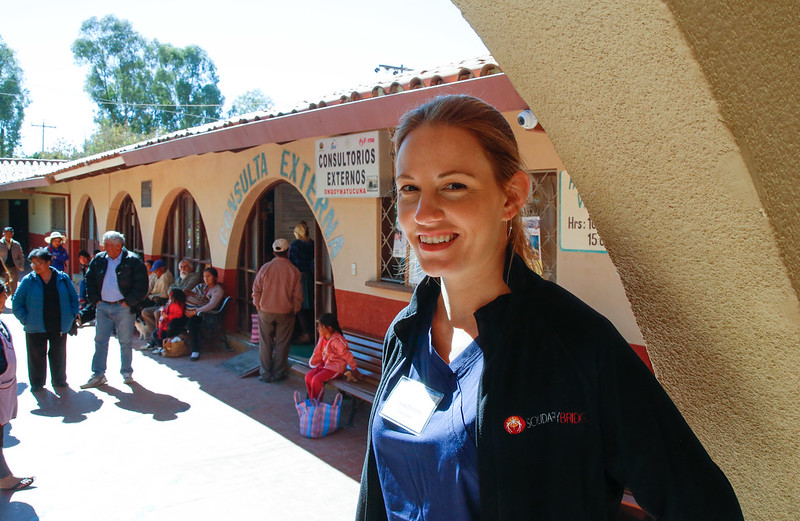
Lindsay Doucette on an earlier surgical mission trip to Bolivia with Solidarity Bridge
In early March 2020, my colleagues and I at Solidarity Bridge in Evanston, Illinois, were excitedly preparing for an oncological surgical mission trip to Santa Cruz, Bolivia. Just days before our team of nearly 20 medical professionals, interpreters, chaplains and staff were to depart, we decided along with our Bolivian colleagues, that the trip should be canceled as the first cases of Covid-19 began appearing in Illinois and Bolivia. From that point on, Solidarity Bridge entered a period of listening and responding to the new realities raised by the global pandemic.
Solidarity Bridge is a Catholic surgical mission organization originally established as a part of the Archdiocese of Chicago. The Solidarity Bridge team works in a profoundly intimate way with our sister organization, Puente de Solidaridad (PdS) in Bolivia. This solidarity family is rooted in a “Somos Uno” approach to peace building, tackling global health inequities, promoting access to safe and affordable surgery, and also, importantly, providing opportunities for transformational intercultural encounter. Their commitment to mission, spirituality, and global health felt like a seamless transition from my experience as a Maryknoll lay missioner.
When our March 2020 travel was cancelled, 1,500 pounds of vital medical supplies were marooned in our Evanston office. Delivering these materials to our partners in Bolivia became a key theme within our COVID response, along with procuring additional supplies they would need to continue providing essential care throughout the pandemic.
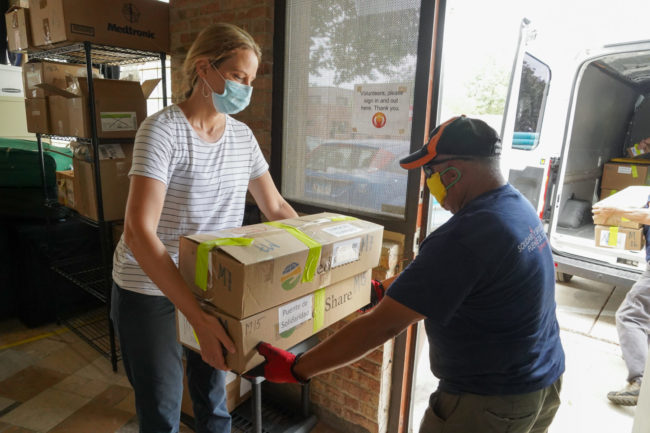
Lindsay loading supplies to send to Bolivia.
In 2020 we sent five emergency supply shipments to our sister organization in Bolivia and one to our partners in Paraguay. The delivery of essential medical supplies has always been central to our mission, and now, more than ever, has become a concrete way we can support our partners serving on the front lines, ensuring that they have the necessary resources to continue serving their communities.
In addition to supplies to support patients in our year-round surgical programs, we have also prioritized the shipment of personal protective equipment (PPE) to ensure the safety of our medical partners in the course of their work. In late October, Solidarity Bridge received a donation of 51,000 face shields and managed the delivery to our partners at PdS, who then began distributing them to hospitals and clinics throughout Bolivia. They continue to make these face shields available to a growing number of medical personnel working on the front lines of this public health emergency.
International news about Bolivia is often scarce or poorly reported. In mid-January 2021, Bolivia was reported to have a positivity rate of 43 percent — the highest in the world at that time. “There is a sense that the virus is everywhere,” shared Maria Eugenia Brockmann, senior director of programs for Solidarity Bridge, who is currently living in Cochabamba. “Everyone knows at least someone who is currently infected with COVID-19.”
In a bi-monthly meeting between doctors on the Board of Directors of Solidarity Bridge and Puente de Solidaridad, our partners shared that their hospitals are overwhelmed and the health system is near collapse again. Severe medicine shortages — especially of imported drugs — are greatly limiting the ability to care for COVID-19 patients, as well as all others who need surgical or intensive care. Throughout much of the country, all but emergency surgeries have been suspended again because resources for post-operative intensive care are scarce.
Sadly, medical professionals are among the hardest hit. Our beleaguered colleagues are in a demoralizing situation. In January, the Bolivian newspaper Pagina Siete reported, “For professionals destined to save lives, the pandemic has dealt the biggest blow: not only do they risk their lives every day on the front line against the virus, but they are also powerless to help their patients in the absence of equipment and supplies.” In January the country reported an average of one doctor death each day.
As we sigh with relief at each new image of our U.S. doctors and nurses receiving their vaccines, our partners in Bolivia still wait anxiously for any to arrive at their borders. It is devastating to hear all that our partners are facing. What does solidarity mean in a time that feels so helpless?
Serving as a Maryknoll lay missioner in Cambodia from 2009 to 2014 was one of the best experiences of my life. It took a long time for me to readjust to life in the U.S., even as I worked as recruitment manager for Maryknoll Lay Missioners in New York. In September 2017, I felt the call to return to the Midwest and was invited to join the team of Solidarity Bridge.
When I began this new role, I was immediately sent for a two-month Spanish language immersion at the Maryknoll Language Center in Cochabamba, Bolivia. I soon began joining surgical mission trips with Solidarity Bridge in Cochabamba, Santa Cruz, Sucre and Paraguay. It’s been a blessing to see the overlap between my Maryknoll and Solidarity Bridge families through this work in Bolivia.
I have only gratitude as well. I am grateful for the wide community of medical providers in Bolivia, for my inspiring Bolivian colleagues who are working hard every day to help their brothers and sisters in need, for the U.S. missioners who demonstrate their solidarity and generosity both here and abroad, and for the Maryknoll community who continues to teach me about living a mission and solidarity-driven life. The continued solidarity of the Maryknoll community remains a source of hope for me.

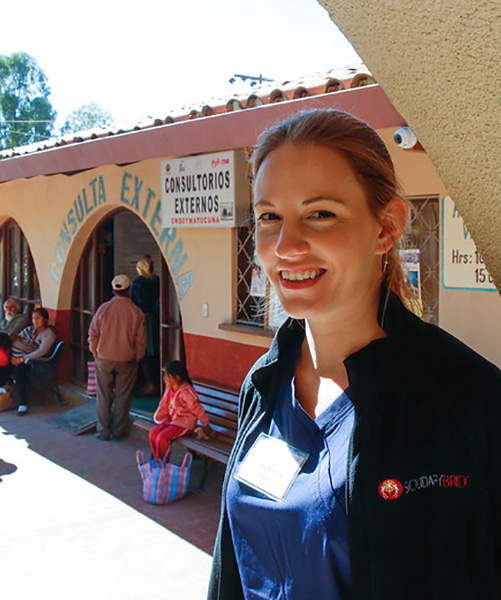

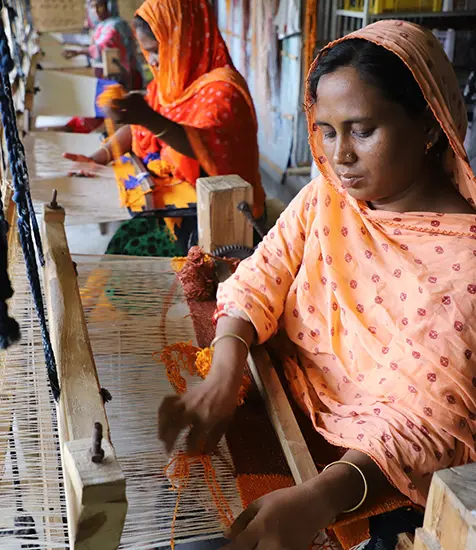
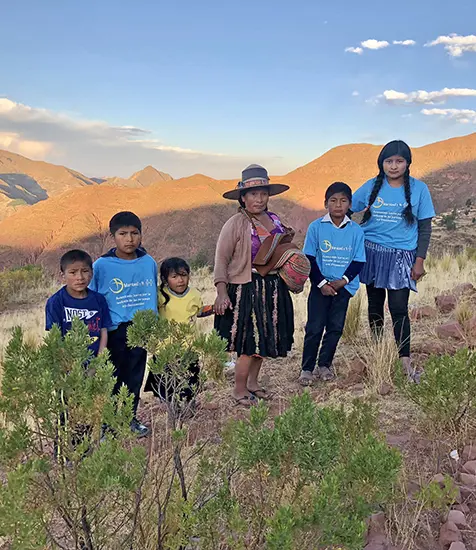
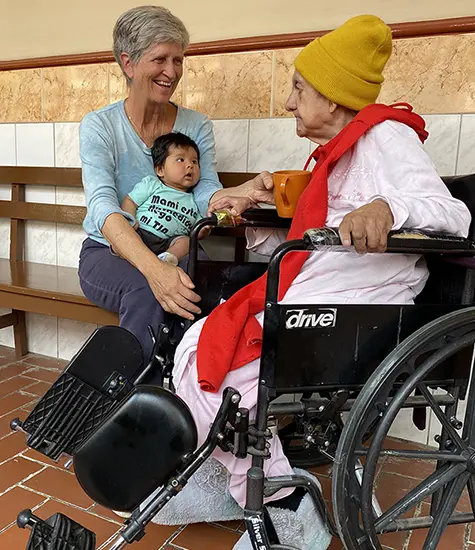




Hi, my grammar school teacher who inspired me to find my calling in great deal was from Bolivia, Martha Bellot Mangudo, and she did help me a lot and loved me a lot, more than any other kid, considering she was strict and many considered tough, but she was always kind to me for sure and clearly showed me to be her favorite child. She taught me on 2nd and 3rd grade, from 1993-1995, two years. I also wish to comment that Lindsay is, without doubt, the most beautiful lady. I’d love to cooperate with her if possible. I do’t mean to be mean or impertinent.